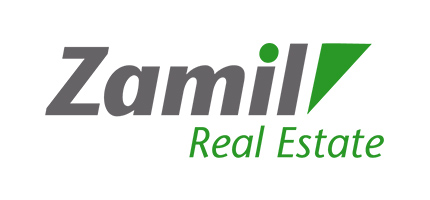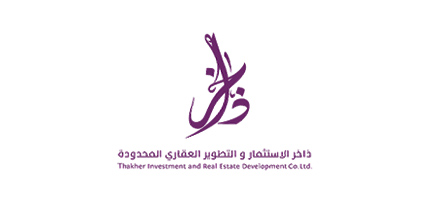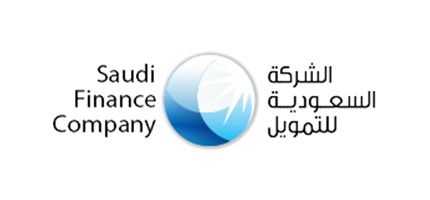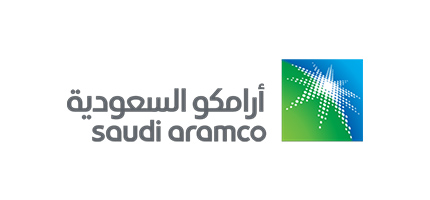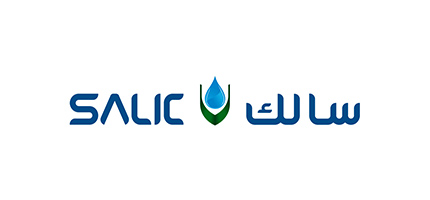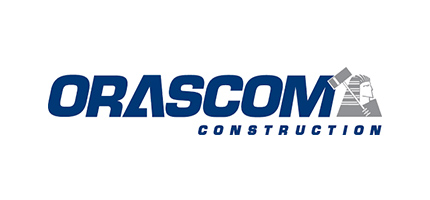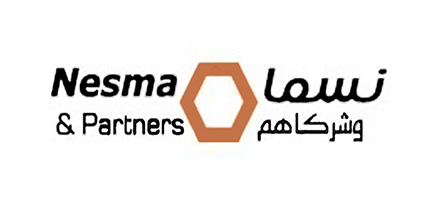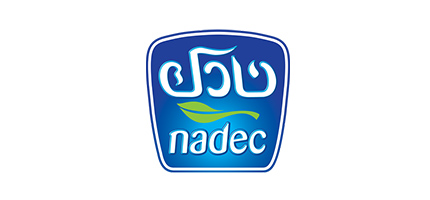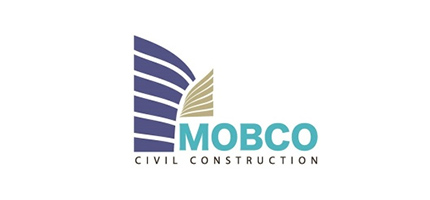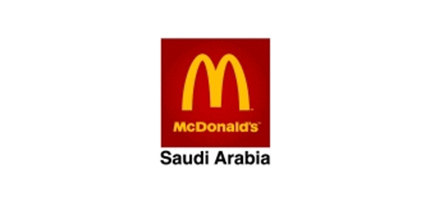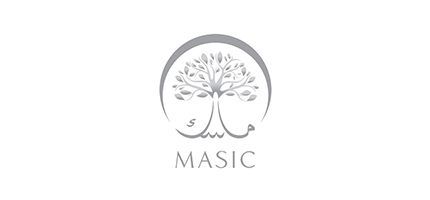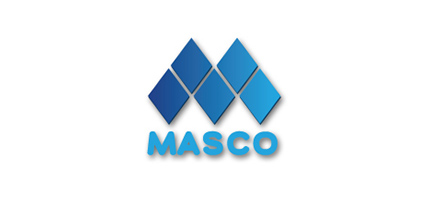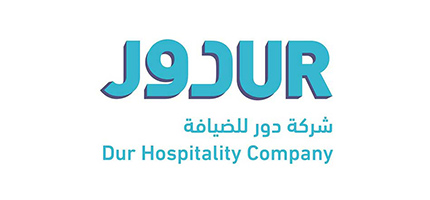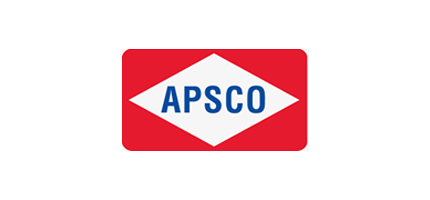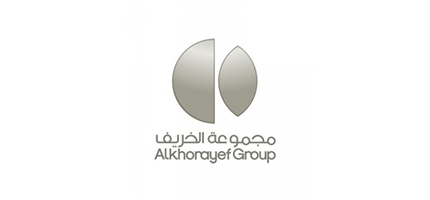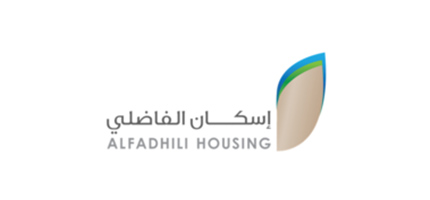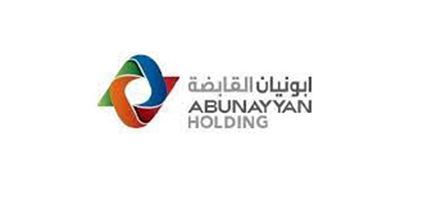Background
A top tier Saudi-based company within the food and retail sector. The company has various exposure to the volatility of the SAR SAIBOR interest rate. The growing Capex expansion is consistently funded by SAR financing.
Given the portfolio’s growth, the management wanted to understand how to follow a financial risk management approach in terms of (i) analyzing the current exposure, and (ii) formulate an interest rate hedging policy to determine the parameters, controls, and KPIs.
The company was also interested in back-testing existing hedges and how to blend them within the new strategy.
Our approach
Ehata’s approach was to conduct an in-depth analysis of the existing portfolio before formulating any hedging strategy. Ehata has kept close communication during such a critical step.
The mandate team has evaluated current hedging instruments and the potential risk management approaches to manage the interest rate risk.
The demonstration included the impact of the recommended approach on various relevant KPIs and the company financial objectives.
To formulate the hedging policy, the team conducted rounds of discussions across different divisions within the company.
Ehata documented the governance framework’s design and assisted the client in arriving at the KPIs, as per the best industry practices, and looking at global peers.
Outcome
The company became independent in terms of risk identification, quantification, and management. Ehata ensured the transfer of knowledge and working models to the client.
The hedging protocols were fully established to assist the client in negotiating fair and transparent future hedges with hedge providers. Moreover, a documented hedging policy is approved by the client to guide, monitor, and audit future hedging actions.
Ehata successfully showed the importance of having an internal governance framework and hedging policy to guide future hedging decisions and avoid falling in the trap of subjective decision making.




